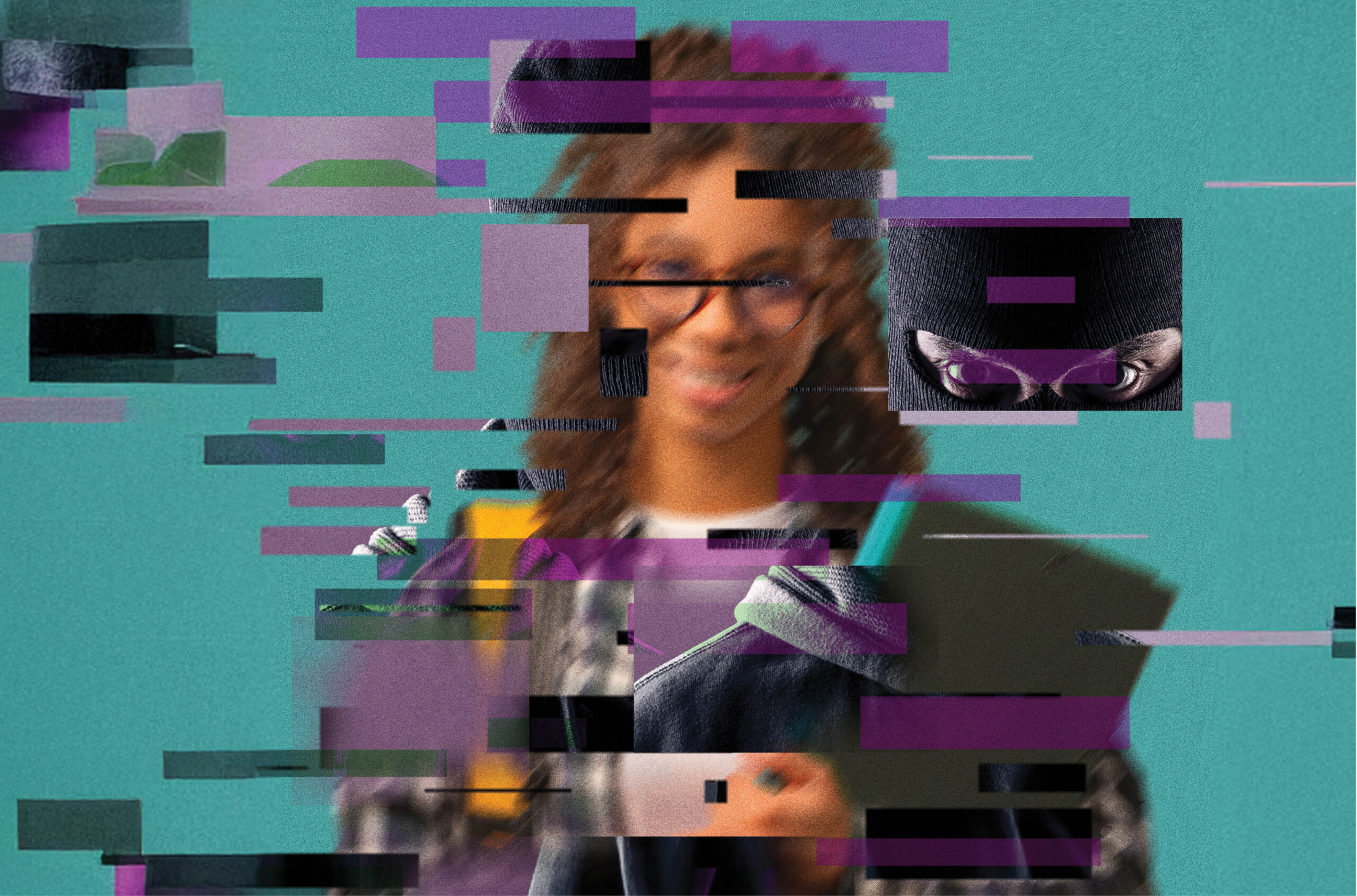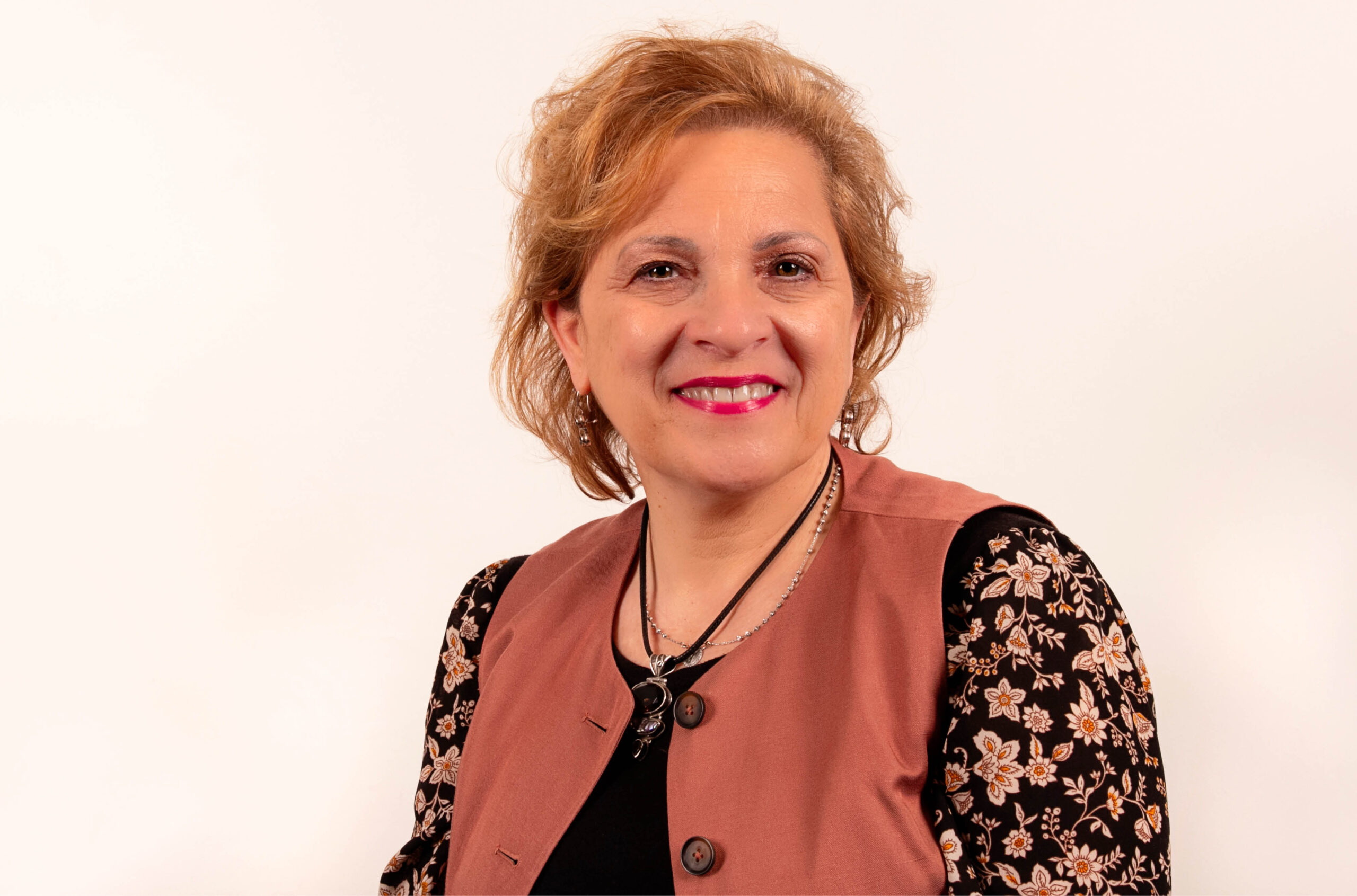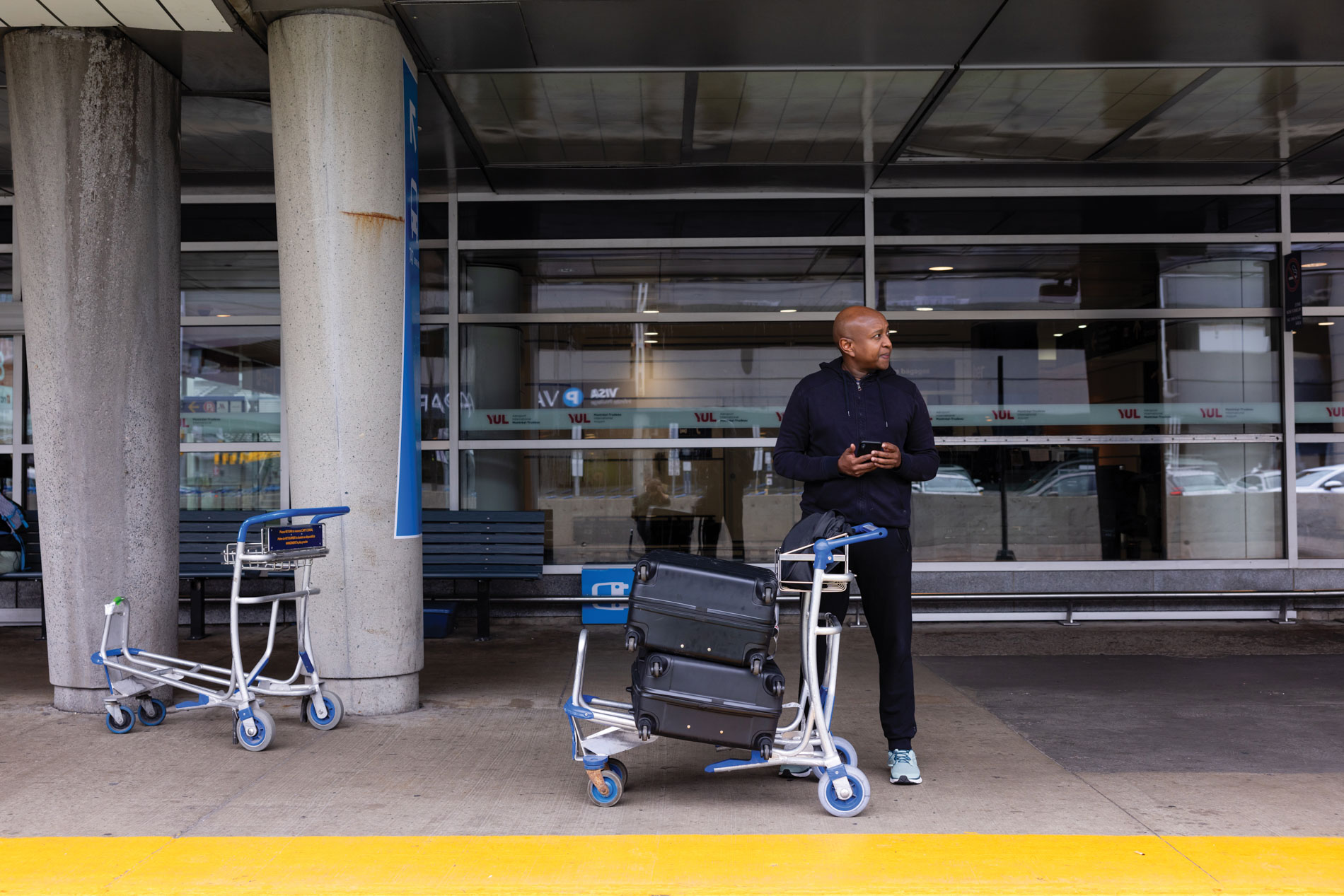Fostering inclusion on a multi-cultural campus
With an increasingly diverse student body, Canadian universities seek to make students feel at home.

The stats say it all: data from a 2019 study by Universities Canada (publisher of University Affairs) show that visible minorities accounted for 40 per cent of undergraduate and 45 per cent of graduate enrolment in Canadian universities, despite comprising only 22 per cent of the country’s population.
Recognizing this cultural richness, Universities Canada members adopted seven principles in 2017 to advance equity, diversity and inclusion (EDI) on their campuses. This commitment followed a requirement that all institutions with five or more Canada Research Chair (CRC) allocations must develop an EDI action plan.
Even so, according to a 2024 study, roughly one-third of EDI action plans from Quebec universities did not include any student support measures. What does this mean on the ground?
A growing movement
Marie-Odile Magnan, one of the study’s co-authors and a full professor in the Faculty of Education at Université de Montréal (UdeM), says university-led inclusivity initiatives for international and ethnically diverse students have multiplied in recent years.
Some of these initiatives involve both teaching and administrative staff. At Université de Sherbrooke (UdeS), a cross-cultural alliance network was formed in 2022. Since then, 300 employees have received training in inclusivity and cultural diversity. Members of the network place logos on their office doors to help students identify them. “Students know the person on the other side of that door is educated in cultural diversity, which lowers the barrier to consulting a professional,” says Camille Brière, a psychosocial counsellor at UdeS. “This network has forged a community that hosts activities throughout the year to build relationships between employees and students from culturally diverse backgrounds.”
Mobilizing to support students
A University of Victoria (UVic) support program connects arriving international students with each other and with other students, as well as providing information on immigration, housing, employment, and academic expectations in Canada. “This program plays a critical role in fostering inclusivity by forging a community before students arrive at UVic,” says Carmencita Duna, associate director of UVic’s International Centre for Students.
In addition, UVic coordinates a cross-cultural mentorship program to offer international students personalized support once classes begin. “This ensures they feel seen, heard and welcomed during this transition period,” notes Ms. Duna. Students are also invited to internationally themed meals where they “share a local meal featuring dishes from diverse cultures and participate in guided discussions that encourage reflection and dialogue on themes such as identity, community, and belonging,” explains Emily Huynh, associate director of student experience at UVic.
Other initiatives support particular marginalized groups. In 2021, the University of British Columbia (UBC) established the Beyond Tomorrow Scholars Program, which supports Black student leadership through scholarships. “Students participating in the program receive priority access to on-campus housing, academic support, awards, and mentorships,” explains program manager Hannah Reimer. “This year, 102 scholars are located across six faculties in Vancouver and five faculties in the Okanagan [campus].”
The same year, Toronto Metropolitan University (TMU) launched two programs in collaboration with their urban farm: Black Food Sovereignty and Indigenous Foodways. (The Universities Canada 2019 study noted that Indigenous people made up only four per cent of undergraduate and three per cent of graduate students, despite comprising five per cent of the Canadian population.)
These initiatives strive, among other things, to mobilize Black and Indigenous students around the cultivation of traditional fruits, vegetables and medicinal plants. The goal is to celebrate the students’ diverse origins, create a sense of belonging, and offer students cultural experiences while growing fresh and affordable food. “Participants come together to harvest crops, celebrate cultural traditions, and embrace healthier, culturally affirming diets,” says Nicole Austin, Black-led programs coordinator for the urban farm.
More work ahead
Despite these initiatives to help students from culturally diverse backgrounds feel included, there is more to be done. Along with her research team, Dr. Magnan identified several action areas in her 2024 study, including improvements to complaint and accountability processes for racist incidents and increasing the representation of certain groups in student associations, decision-making bodies and programs with limited enrolment.
Dr. Magnan, who is also UdeM’s chair of ethnic relations and sits on a working committee to implement inclusive pedagogical practices, believes all teaching staff have a responsibility to educate support and educate themselves about EDI initiatives. “Quebec universities need to develop more anti-oppression, anti-racist and decolonial pedagogies to disrupt unjust practices,” she says. She would like to see mandatory EDI training for faculty, noting: “This training is currently optional. The only people who attend already support cultural diversity. We’re looking for ways to get more colleagues invested in EDI, but we know that’s an ongoing challenge for universities.”
She also stresses that students’ opinions must be surveyed about the measures currently in place and what they’d like to see implemented next. “At the outset, EDI policies were implemented top-down. Now it’s time to listen to students as we revisit and redevelop these initiatives.”
Featured Jobs
- Business - Assistant Professor (Digital Technology)Queen's University
- Psychology - Assistant Professor (Quantitative Methods / Data Science)MacEwan University
- Law - Assistant or Associate Professor (International Economic Law)Queen's University
- Education - Indigenous Lecturer or Assistant Professor, 2-year term (Teacher Education)Western University
- Psychology - Assistant ProfessorSt. Jerome's University















Post a comment
University Affairs moderates all comments according to the following guidelines. If approved, comments generally appear within one business day. We may republish particularly insightful remarks in our print edition or elsewhere.